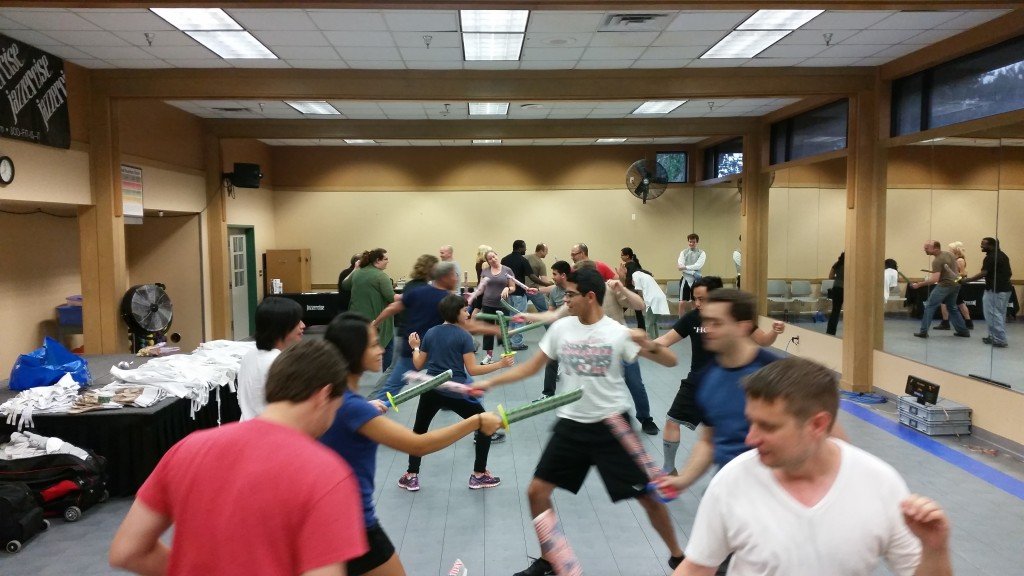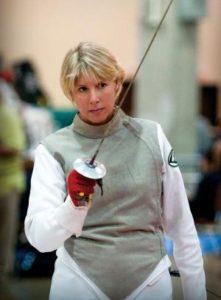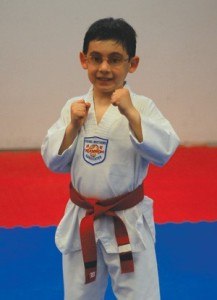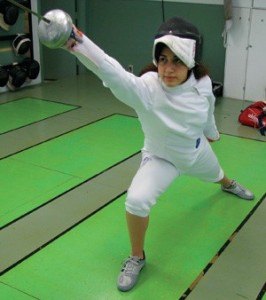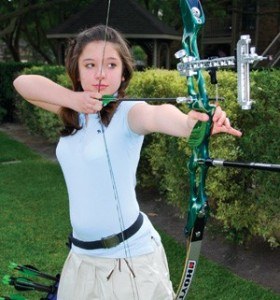Learn to Fence for free, September 2 & 3
In July we had a great time offering free introductory fencing classes, so we’re doing it again!
This class will be a great way for anyone who’s never fenced before to try it out. You will learn the basics of our sport and get to fence with your friends in this one-hour class. All you need to do is come dressed to move, in close-toed shoes and pants or long shorts.
And if you have a great time, we’ll be ready to help you sign up right there. All new members who sign up for at least one month of classes before they leave get a free Houston Sword Sports t-shirt!
Wednesday, September 2
Location: West U Rec
Youth, ages 8-18: 6:30-7:30
Adults, ages 18+: 7:30-8:30
Thursday, September 3
Location: Bellaire Rec
Youth, ages 8-18: 6:00-7:00
Adults, ages 18+: 7:30-8:30
Can’t make either of these classes? Check out our schedule and find another time that works for you!
To sign up, fill out the form below or email liz@houstonswordsports.com.

